Sooner or later, age catches up with all of us. The vibrance of youth paves way for the wisdom that comes with age, and the exuberance of daily life slowly fades into more controlled mundane everyday actions. However, in this routine journey of life, we should not forget to differentiate between what is an expected norm and what may be a turn toward unexpected misfortune.
Unfortunately, most people expect a certain level of morbidity as they grow older and overlook many small sublime warning signs and symptoms, that the body gives out. Sometimes it is ignorance and sometimes it is arrogance on our part, that we fail to recognise the footsteps of the incoming danger. Here in this discussion, an attempt would be made to explain, the changes we accept as normal as we age, but which may hide some sinister pathology underneath.
Dementia is the general term to describe impairment in mental functions of an individual, which is of significant magnitude to interfere with functions of daily life. It is not a specific disease but can be caused due to multiple reasons. The most common cause of dementia is Alzheimer’s disease (70% of all cases), which is the topic of this discussion.
Very few diseases in the 21st century create as much fear, as much helplessness and as much despair as Alzheimer’s disease. As previously mentioned, Alzheimer’s disease is the most common cause of dementia. The continuously decreasing ability to comprehend, think and act judiciously affects all spheres of a person’s life, finally making him/her unable to take care of himself/herself and of those who are near and dear to him/her.
All the manifestation of signs and symptoms of Alzheimer’s disease can be understood once we understand, the most basic underlying problem of this disease is the death of cells forming the brain. With the passage of time, more and more nerve cells and their connections are destroyed giving rise to the characteristic signs and symptoms.
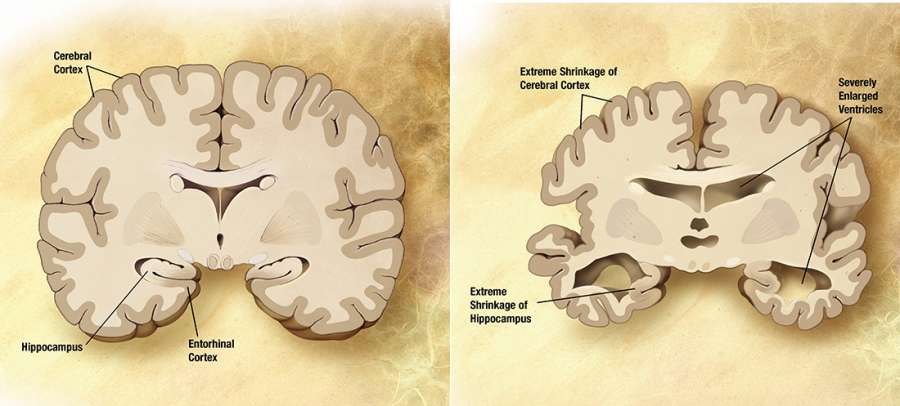
The most important pathological feature of Alzheimer’s disease is seen in the brain tissue of patients suffering from this condition. These are Amyloid plaques, which accumulate between dying nerve cells of the brain. These insoluble plaques are formed by the accumulation of protein fragments, which in normal condition are usually broken down and eliminated. Besides the presence of Amyloid plaques, another pathological anomaly is observed inside the brain cells. These are insoluble twisted fibres, known as Neurofibrillary Tangles.
The exact cause of Alzheimer’s disease has not yet been established, but it is believed to be caused because of a combination of a multitude of different reasons like – genetic factor, lifestyle choices and environmental effects. The pathological changes start from the area of the brain responsible for memory retention, much before the symptoms start manifesting.
1) Increasing Age – As the age of a person increases, the statistical probability of development of Alzheimer’s disease increases. Alzheimer’s disease usually is found in people of more than 65 years of age, but 5 % of people suffering from this disease, have age below 65 years, where it is called as Early onset Alzheimer’s disease. However, it has to be understood that this disease is not a part of normal ageing and the signs & symptoms should be always taken as a pathological problem.
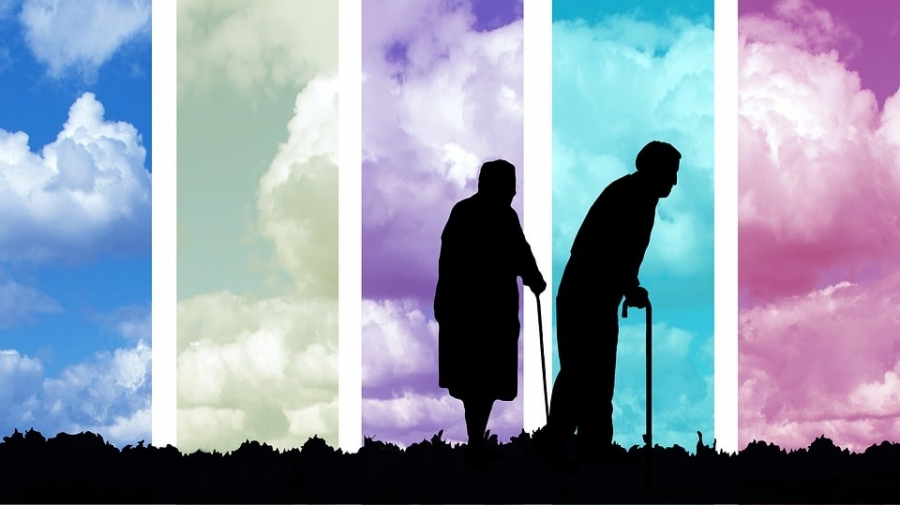
2) Family association – The details of the genetic mechanism, still remain unexplained; but there is no doubt that chances of development of Alzheimer’s disease increase if a first degree relative is suffering from the disease.
3) Presence of a Genetic Disorder sometimes increases the probability of developing Alzheimer’s disease later in life. Most notable among these disorders is – Down syndrome, where 3 copies of chromosome 21 are present. In this unfortunate group of people, Alzheimer’s develop almost a decade or more before than the usual age.
4) Injury to head in the past, affecting the brain, can cause Alzheimer’s disease later on in life.
5) People who can’t sleep when they need to, or can’t stay that way are also in the danger zone, because of the increased possibility of developing the disease later on.
6) A previous accidental (or unknowing) exposure to toxins in the immediate environment; like harmful chemicals, pesticides used in agriculture & farming and toxic minerals can cause this disease later on.
7) Females are more susceptible to develop Alzheimer’s disease than males.
It would be easy to understand the signs and symptoms of Alzheimer’s disease, once we keep in mind that the site of pathology lies in the human brain. Changes that develop in the brain of the affected individual, starts much earlier before the manifestation of signs and symptoms. This stage is sometimes also known as a preclinical stage. Very slow onset of signs and symptoms of dementia, which gradually progresses over months (and sometimes even years) is suggestive of Alzheimer’s disease. Although the disease is often divided into the mild, moderate & severe stage of disease, according to the manifestations, but it should be remembered, that different stages may quite often overlap.
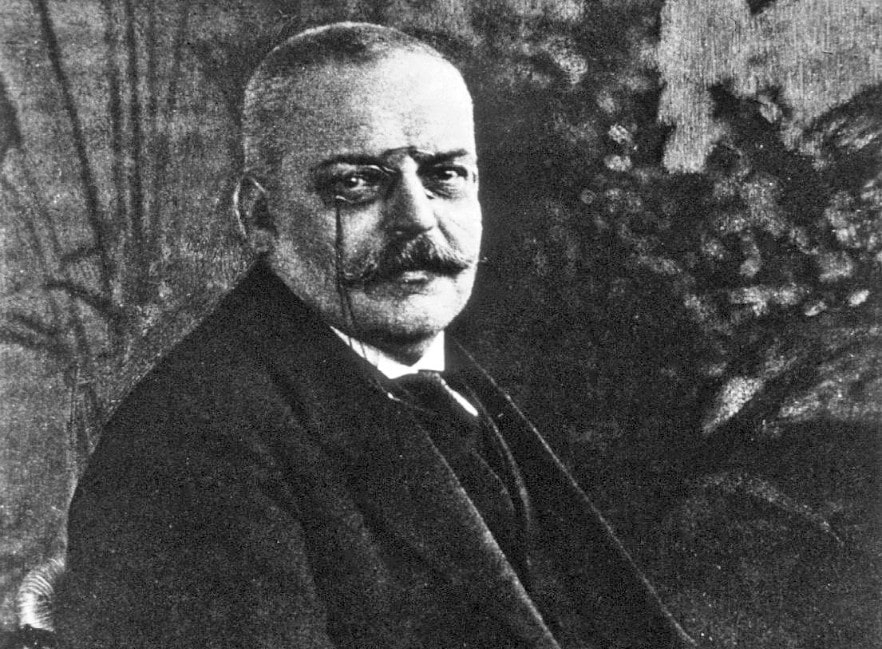
One of the early and also the most common sign of Alzheimer’s disease is subtle memory loss in the beginning. The patient fails to recollect events or even direct conversations that may have occurred only sometime back. With the gradual passage of time, the memory loss progresses in severity. The patient keeps on forgetting past conversations and may repeat the same things over & over again. Important events may be forgotten without any chance of recollection later on. Personal objects may be misplaced and not found. Patients may fail to keep track of the date, season and progress of time. Difficulty in reading (also writing) & inability to judge distance & colour can make driving a vehicle a difficult proposition.
In later stages, they may not be able to recognise close friends and family members, or even his/her own residence, thereby becoming lost. Inability to comprehend the safety risks, impaired ability to take correct decisions, lack of clarity in the expression of thoughts and improper conversation along with failure to plan and carry out complex actions may make it very difficult to return home.
It is obvious in such a scenario, the effected individual will withdraw from societal interactions, go into deep despair, and will display extreme mood swings – with spells of apathy, irritability, lack of trust on others, delusion and unwarranted aggression. Loss of inhibitions and wandering habits can cause difficulties for family members.
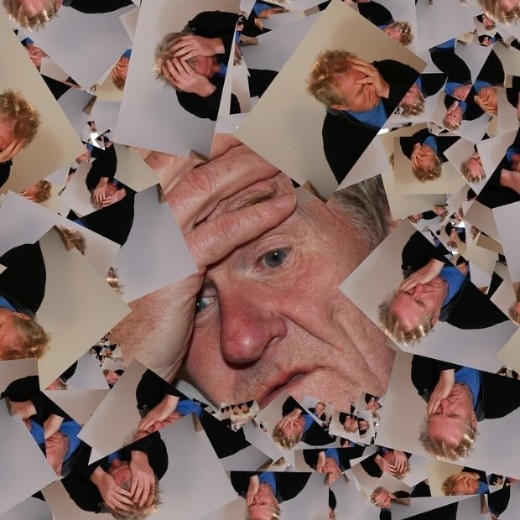
The advancing disease may impair the ability of rational judgement and taking the correct decision. This may manifest as dressing in improper clothes or even failing to respond to simple challenges of daily life, like food burning on the oven. Even simple tasks of daily life, like taking a bath, dressing later on and cooking, becomes a monumental challenge with the patient forgetting them totally.
As mentioned previously, this disease progresses very slowly. The average patient survives for 4 to 8 years after the diagnosis is established. In some rare cases, this survival period may extend up to 20 years. But what is the cause of death in Alzheimer’s disease?
Before trying to explain, How Alzheimer’s Disease causes death, a few points need to be reiterated. Even in a developed country like the United States, it remains a leading cause of death, that can’t be prevented, slowed or cured. However, in many situations, the disease is also not identified as the cause of death and instead, the complications developing from the disease are held accountable. One of the important causes of this is that in many people, Alzheimer’s is not diagnosed in their lifetime and hence goes unnoticed.
As has been already explained that people suffering from Alzheimer’s disease, suffer from serious compromise in mental functions and physical abilities. In the end stage of the disease, the basic physiological functions like – swallowing of foods and liquids, maintaining a steady balance and bladder & bowel movement are adversely affected. As a result of these – aspiration of food and liquids into the lungs while eating can occur, causing pneumonia. For the same reason, the patient may be malnourished and may develop dehydration. Loss of balance can cause falls and fractures in old age. Bedridden Alzheimer’s disease patients easily develop bedsores and other infections.

With impairment of speech, confusion, and disorientation, the person may not be able to recognise and communicate his health problems to friends/family members or care givers. They are not also able to follow the treatment advised to them or to give feedback regarding the response and side effects. Slowly they get more and more dependent on others even for routine activities of daily life. Pneumonia, accidental falls causing fractures and its complications, infections, pulmonary embolism ultimately results in the death of the patient.
One of the biggest problems regarding the diagnosis of the condition is the complacency associated with the symptoms, which usually develop in old age. Most people and their relatives/friends ignore & confuse the symptoms, as an integral part of the ageing process. Considering the gravity of the situation, no attempt should be made in any case for self-treatment of the condition. An experienced geriatrician (a doctor who specialises in treating diseases of the old people) or a neurologist (a doctor who specialises in treating disorders of neurological system) should always be consulted.
The diagnosis is based on more of self-reporting of symptoms and empirical reasoning and observations, than sophisticated investigations. However, investigations, from simple modalities like – blood or urine tests to those of more technical advanced nature like CT / MRI/PET Scan of the brain may also be required. A detailed medical history with relevant signs & symptoms to an observant experienced eye will give the correct diagnosis, once other diseases which produces similar signs and symptoms have been ruled out.

Simple questions to understand and assess the cognitive skills of a person can give valuable insights to a person’s mental status. These questions can be as simple as – asking the person his/her name, age, current date, time, the name of the residential city and names of national leaders. Ability to recognise friends, relatives, doctors/nurses and to count backwards should be ascertained. A verbal conversation would shed light on speaking and comprehension abilities of the patient. If needed basic examination of the nervous system by a doctor would easily demonstrate the nature of reflexes, senses, balancing abilities and visual status.
Strictly speaking, Alzheimer’s disease is not a disease that can be prevented. However, studies have shown that faulty habits and lifestyle choices, does have an adverse effect, as far as the possibility of developing Alzheimer’s disease is concerned. These are – lack of exercise, Increased and excessive body weight, Smoking tobacco, increased levels of cholesterol in the body, increased blood pressure, and diabetes (Type 2) which is not controlled or is poorly controlled. It is highly obvious that most of the previously mentioned problems could be prevented by opting for a healthier lifestyle and staying under medical supervision.

Interestingly if a person keeps himself/herself engaged in mentally and socially stimulating activities, the statistical probability of developing the disease goes down tremendously. The opposite also happens to be true and lower education levels, has been seen to increase the chances of developing the disease later on in life.
One of the biggest problems as far as treatment of Alzheimer’s disease is concerned is, that dead nerve cells in the brain do not regenerate. For this reason, there is no known cure for this disease. However, there are medications available, that may reduce the symptoms and improves the quality of life, to a certain extent. Commonly the drug – Memantine is used alone or in combination with medicines in a group of cholinesterase inhibitors.
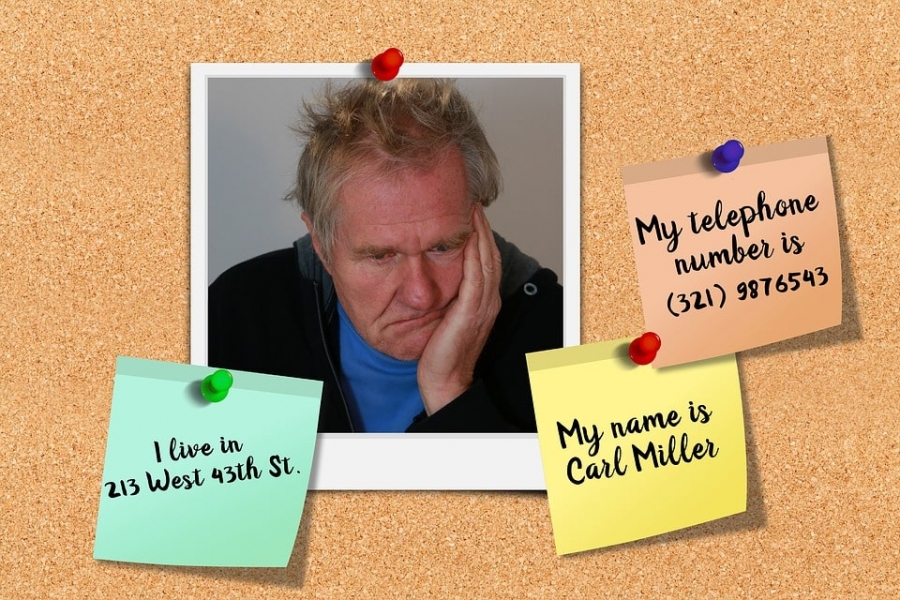
Unfortunately, the mentioned medications can have troublesome side effects and hence should be taken only after the advice and supervision of an experienced Neurologist. Lifestyle alteration, Psychological support and empathic nature of friends and families can also do much to improve a rather dismal condition.
Alzheimer’s disease came to the limelight for the first time in 1906, when the German doctor Aloise Alzheimer first described it in a meeting of southwest German psychiatrists. More than a century has passed since that time and the disease has become more famous, as many famous personalities all over the world have suffered from this disease. Though the list is very long, but some important names are – Charles Bronson, Charlton Heston, Robin Williams (Hollywood actors), Ronald Reagan (40th President of United States of America), Rosa Parks (the mother of freedom movement), James Doohan (Scotty of Star Trek fame) and multitude of other famous personalities.

Unfortunately, even with all the modern advances of the 21st century around us, there is no perfect cure for Alzheimer’s disease. Compassion and understanding have succeeded to a certain extent, where medical science found its limitation. Sometimes a little alteration of mentality and empathetic humane behaviour can bring dignity and peace to the life of those humans who have been affected by this unfortunate accident of disease. That would be our societies best bet, till medical science comes with a cure which would wipe out this scourge of disease from the world for ever.